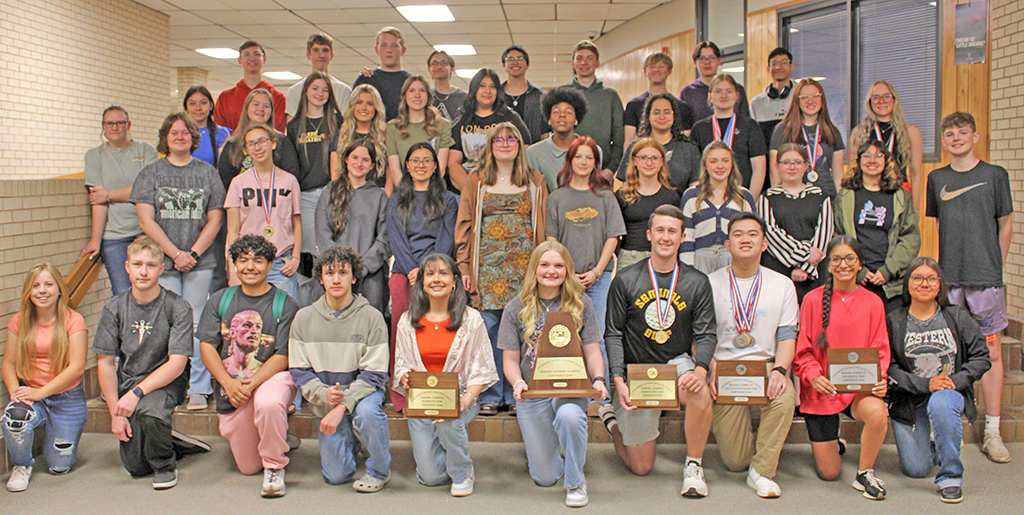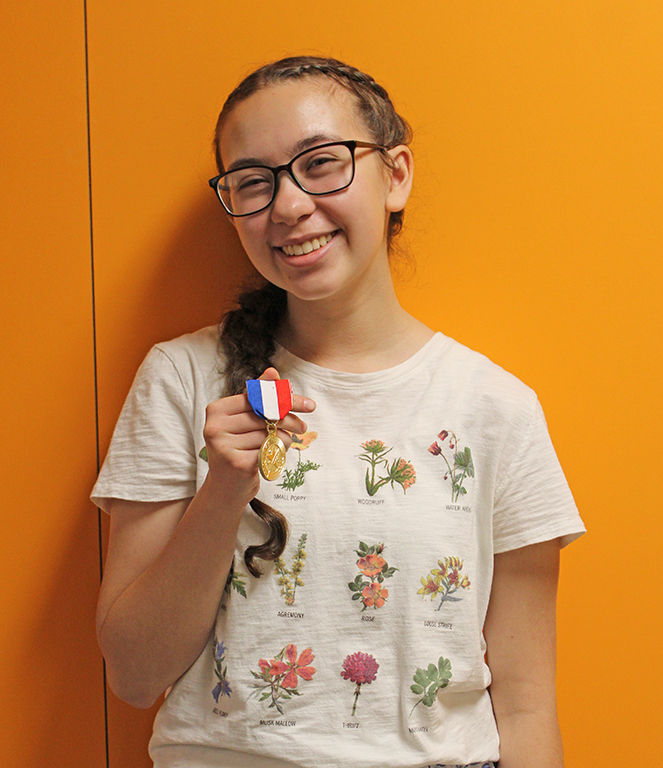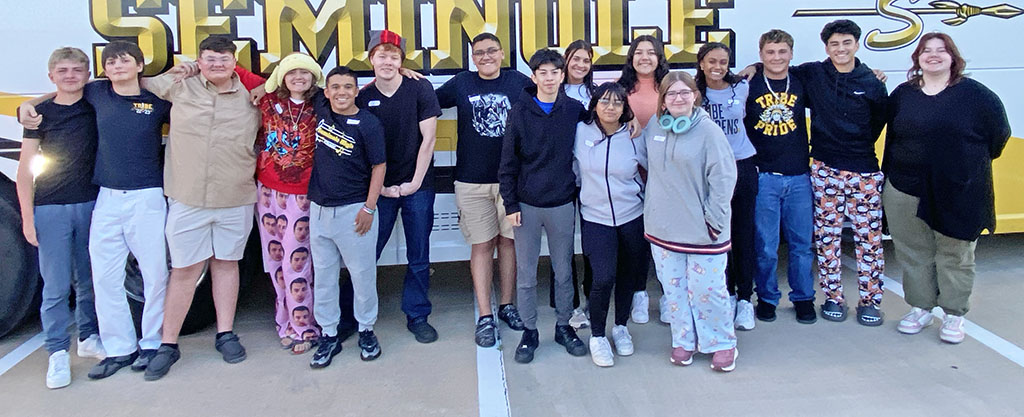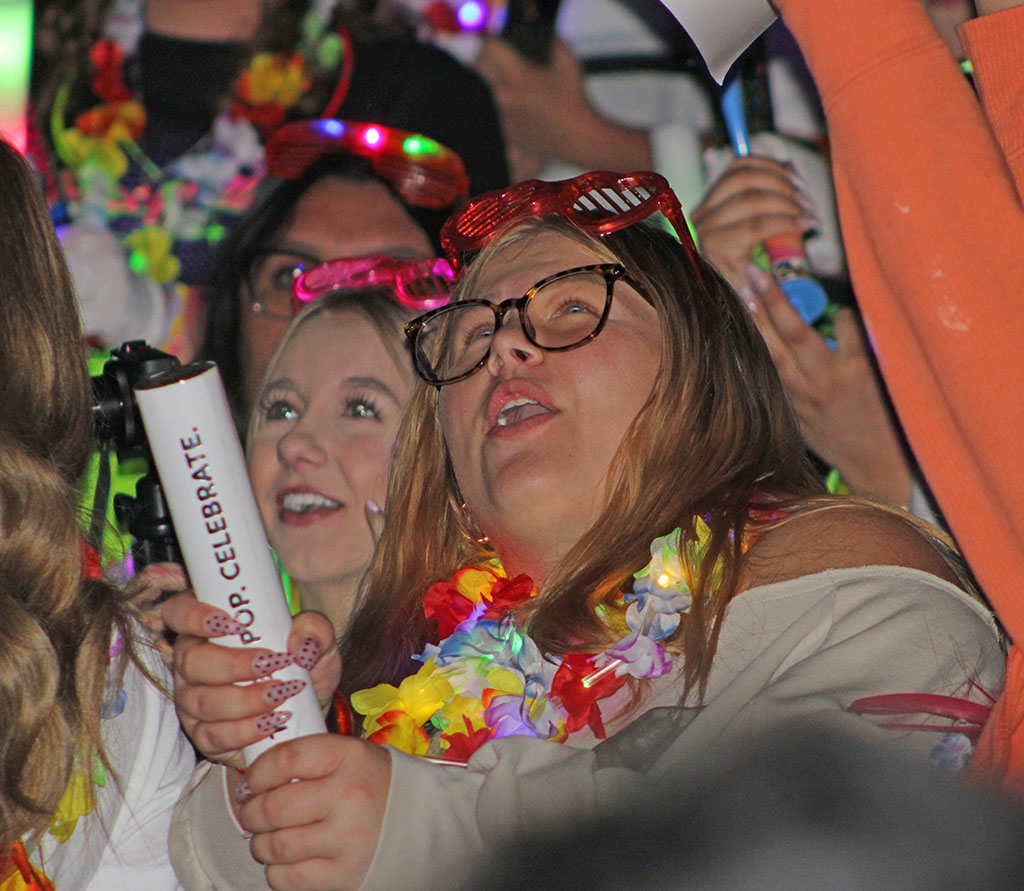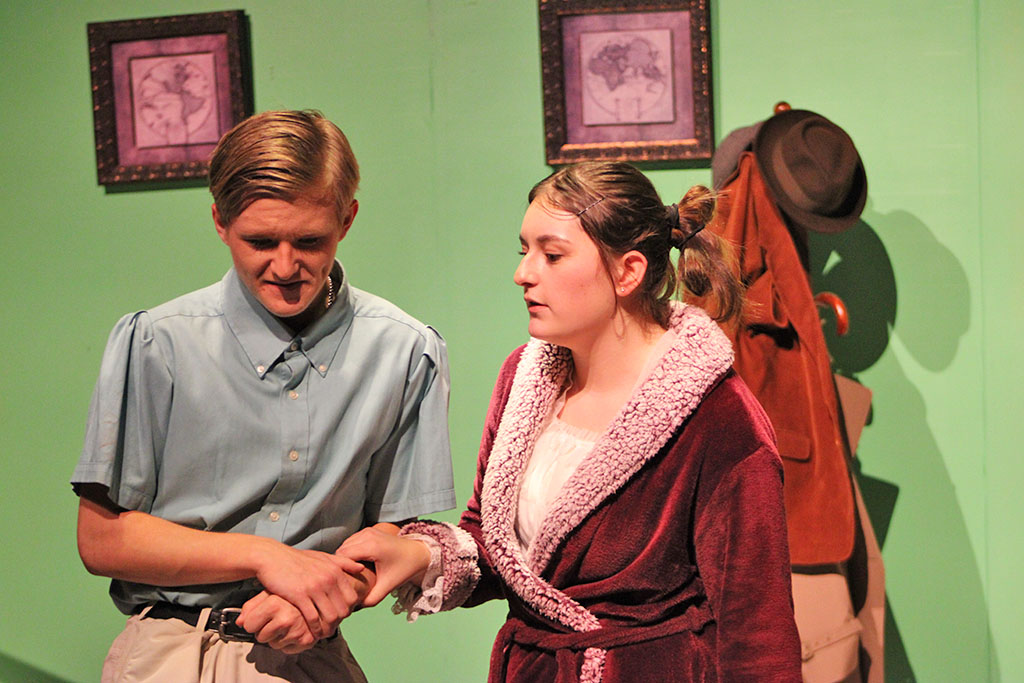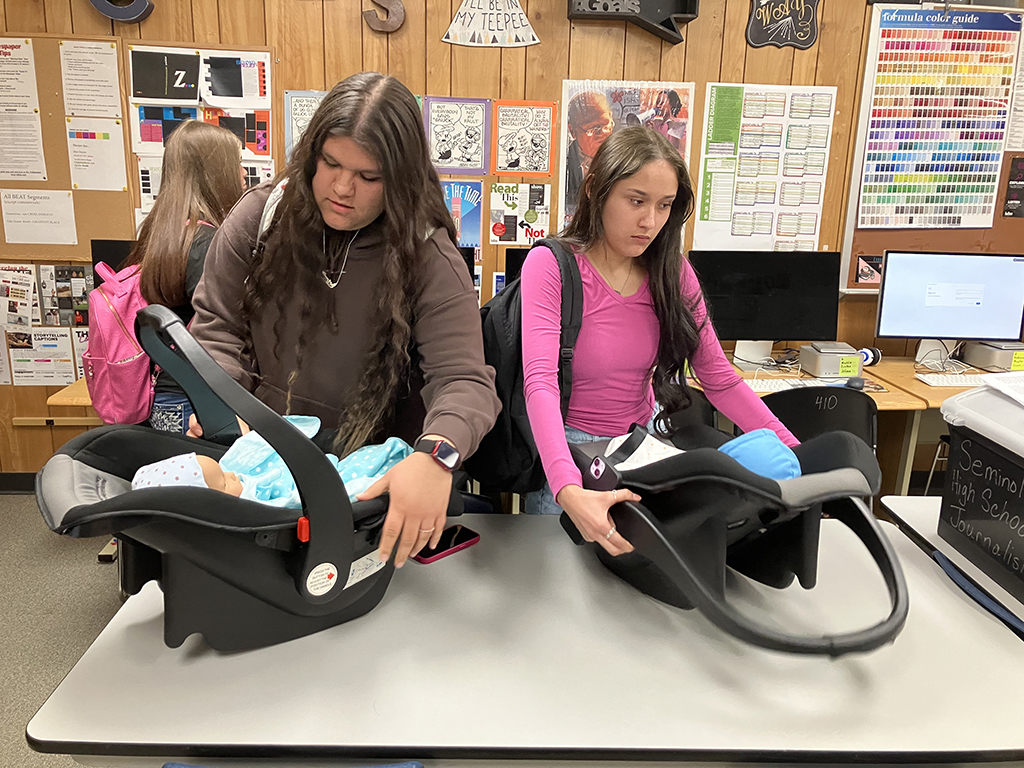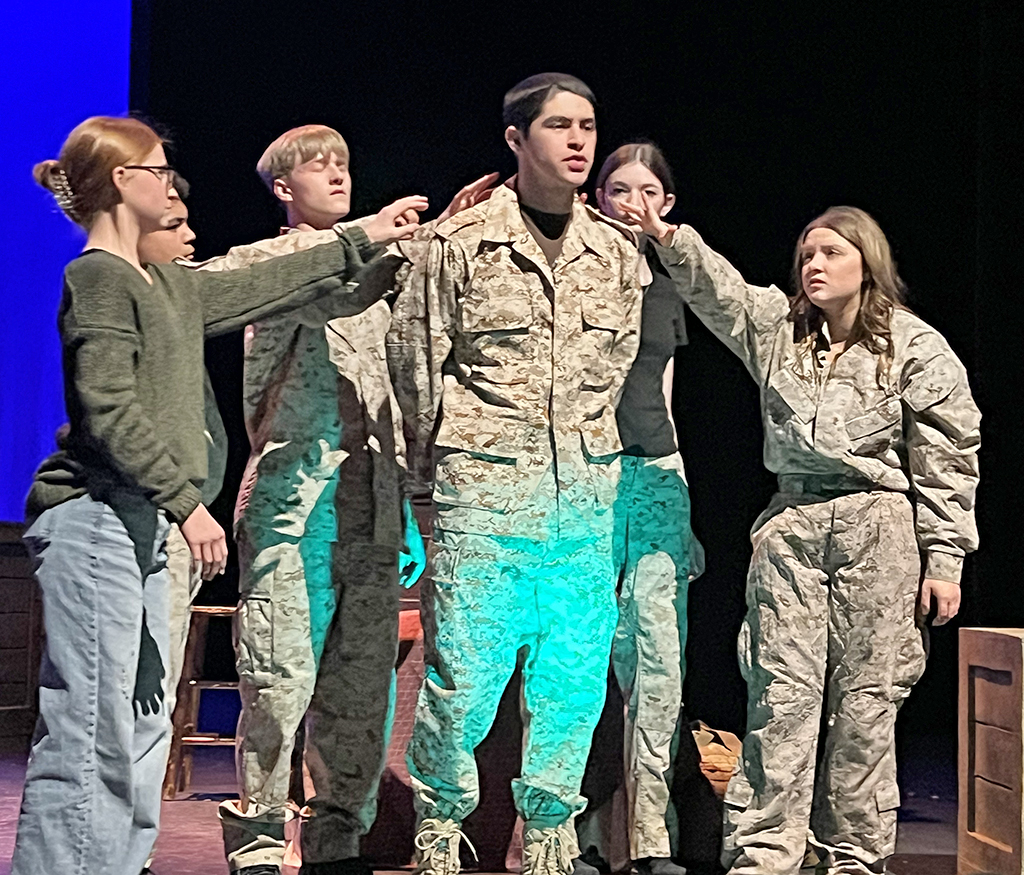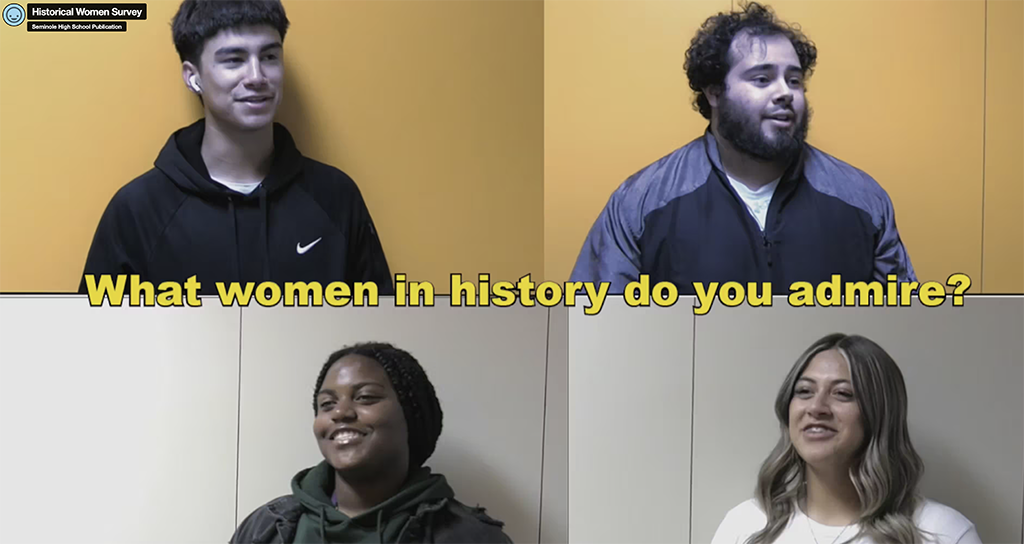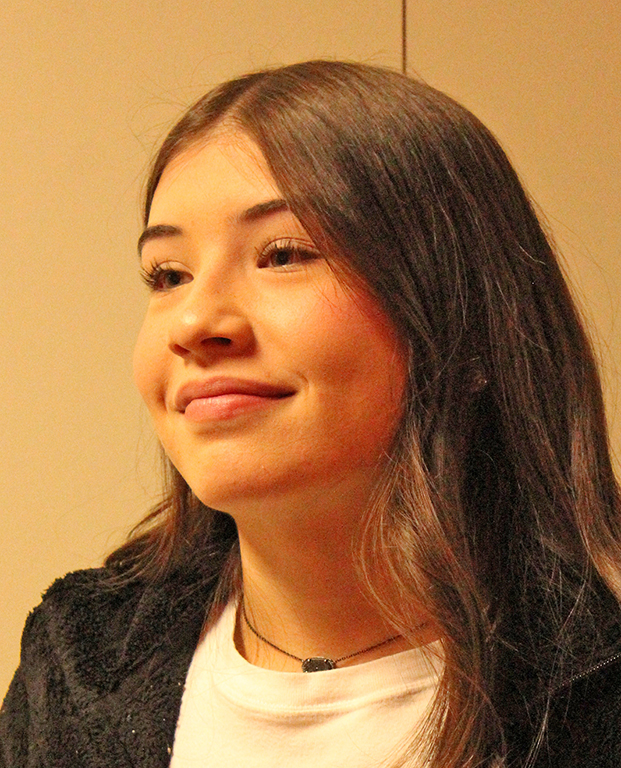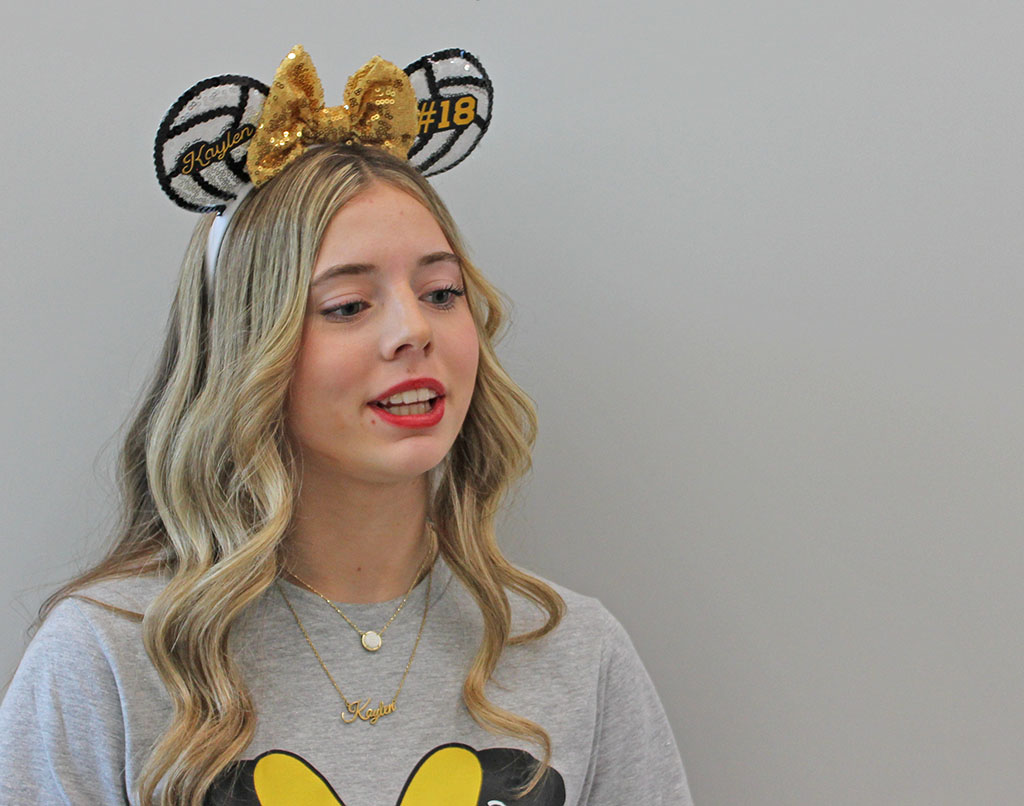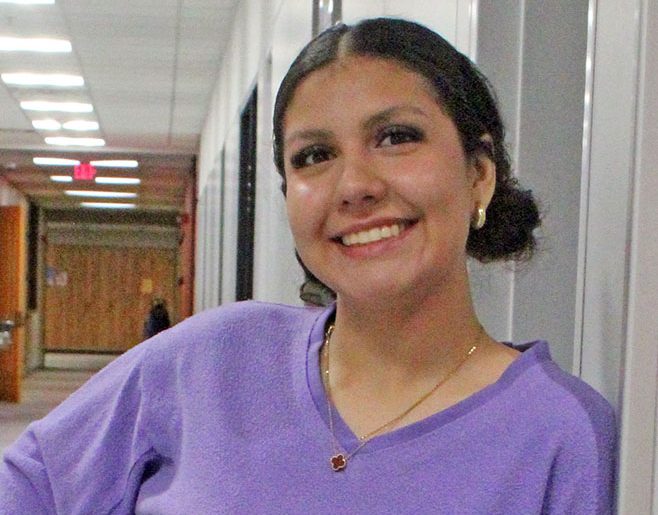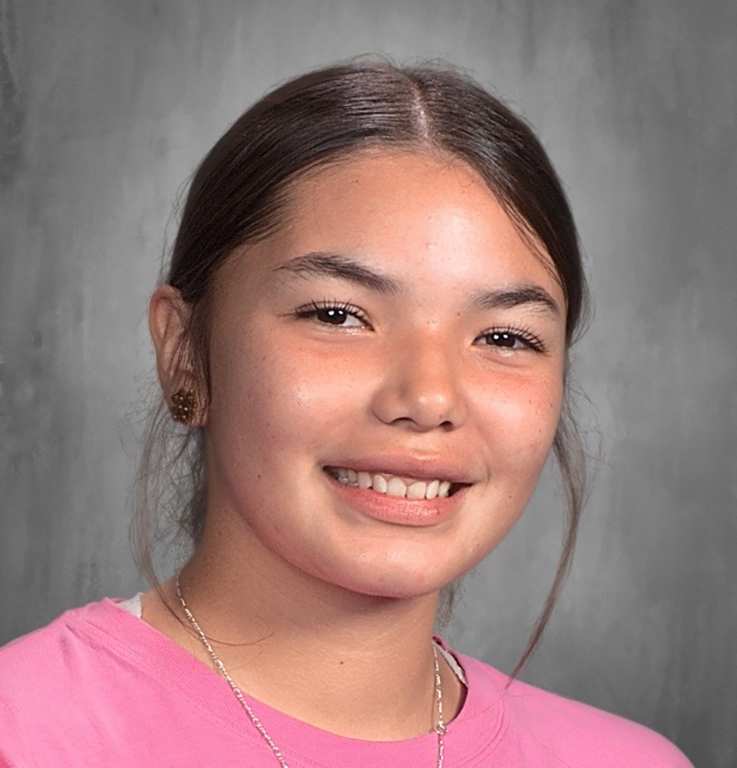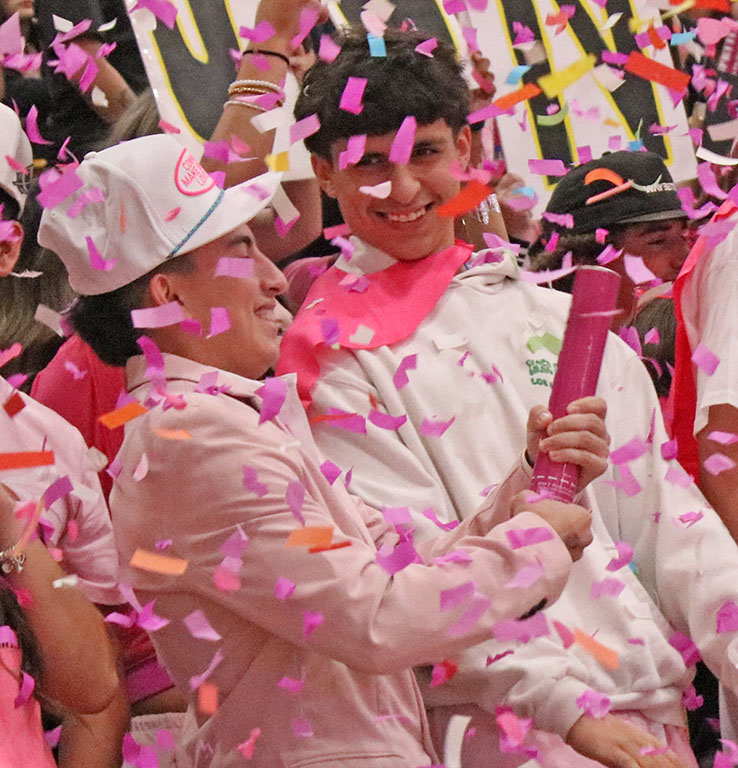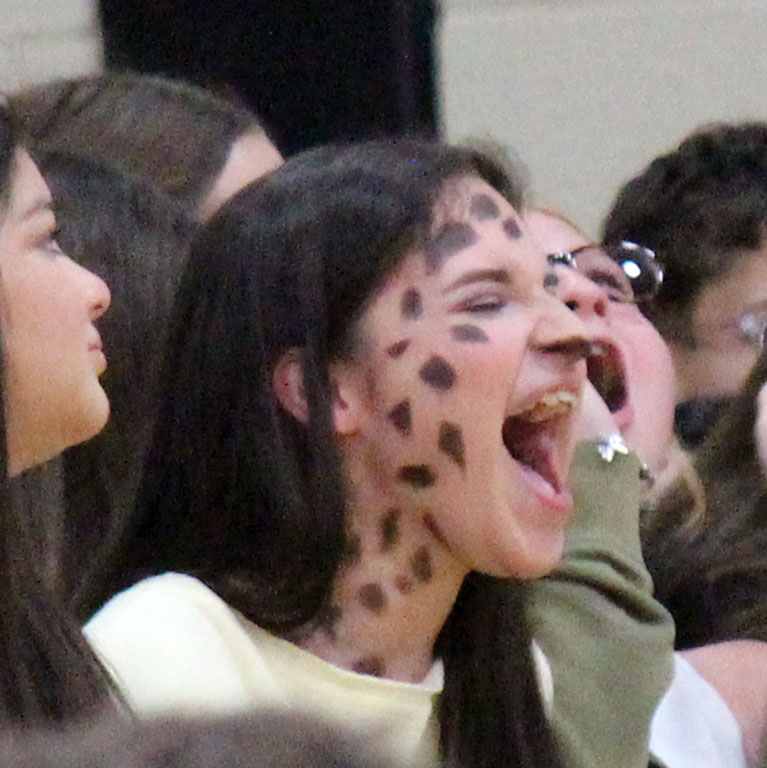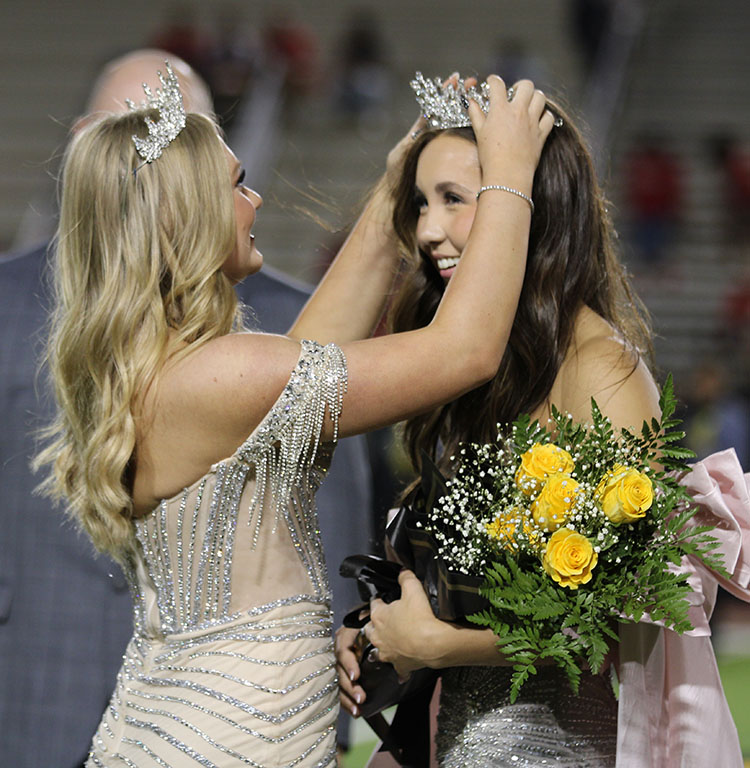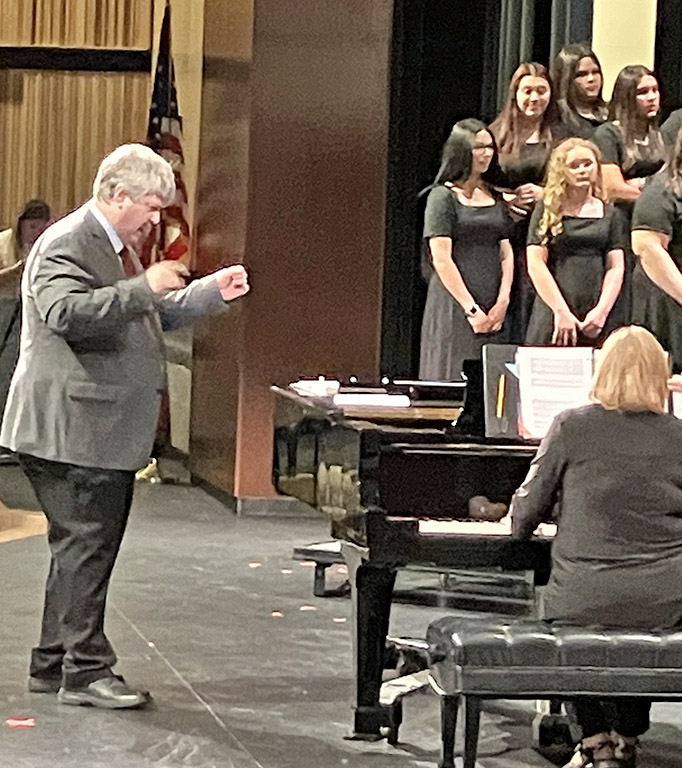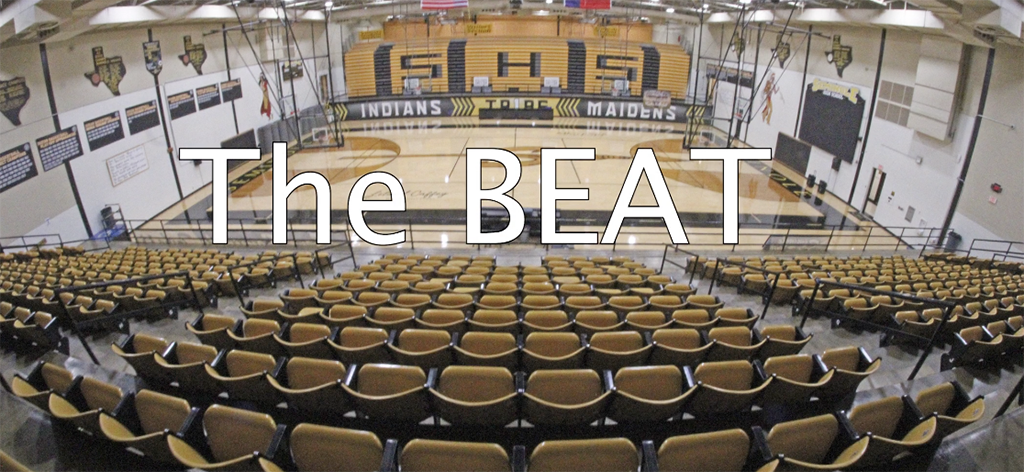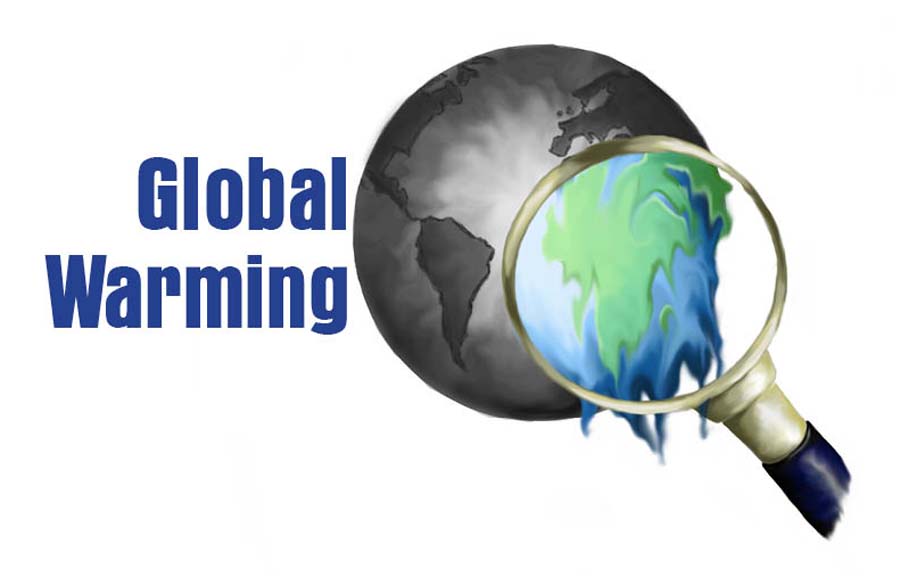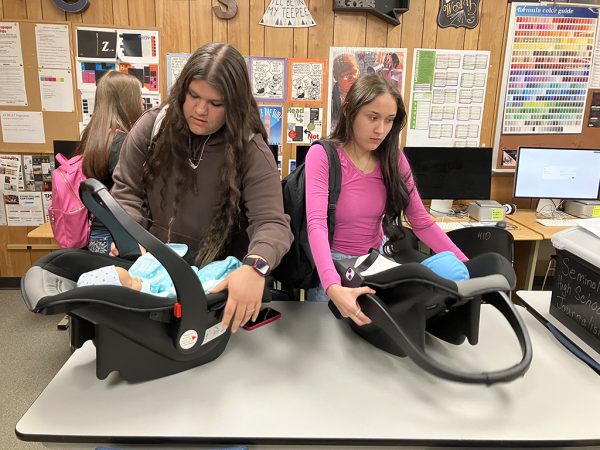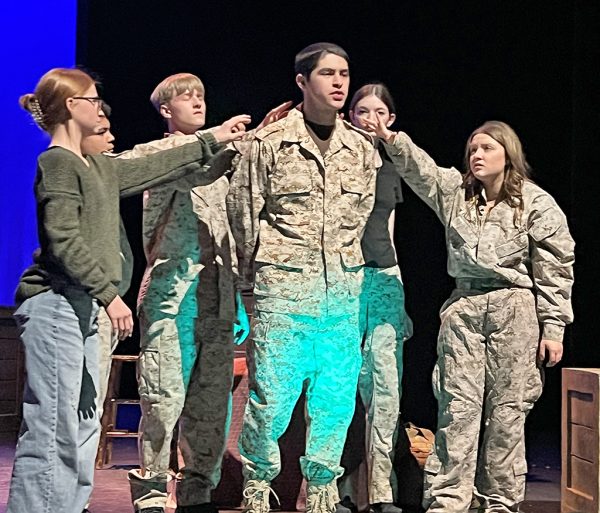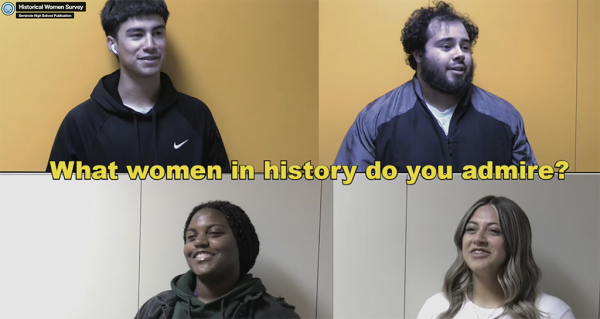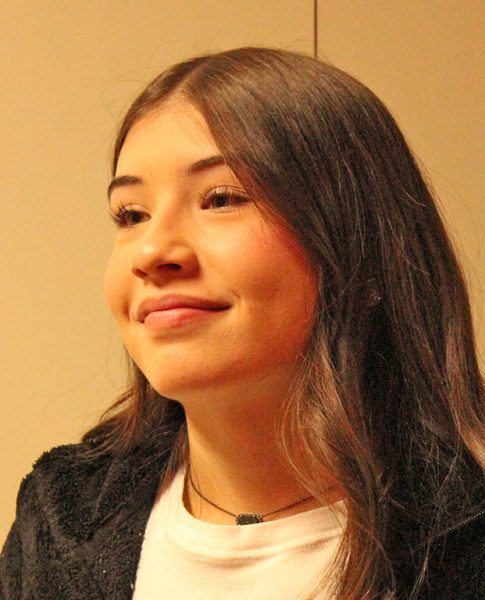Disasters increase as climate changes
With 13 named storms so far this year, seven were hurricanes and of those seven, four (Harvey, Irma, Jose and Maria) reached Category 3 (at least 111 mph winds) or higher. Two major earthquakes hit Mexico in a week, and tornadoes sprang up around the globe.
It’s time to face some of the truths that come with these natural disasters. The world coming to an end is accelerating as a result of what humans are doing to it.
“It’s still something highly debated,” science teacher Alex Jacobs said. “There are people who say climate change is a natural cause and some who say it’s entirely the fault of humans, but it’s more of a mix of the two.”
The storm rate is about twice as fast as a typical season this year, with hurricanes Harvey, Irma, Katia, Jose, Lee and Maria growing on the heels of each other. Even with such obvious signs of climate change and global warming, the Trump administration still removes all information about climate change from government websites. That’s cause for worry because of the sobering connotations between what humans are doing to the earth and these natural disasters.
“It’s very real because the world is warming up,” sophomore Eleny Macias said. “There’s evidence everywhere. Several record-setting hurricanes in the past month? That’s not natural.”
Jacobs said that the cause of the changing climate is due a mixture of occurrences in anthropogenic and natural earth processes.
“Our climate changes all the time, whether the cause is in earth processes, space, or the cycling of events.” Jacobs said. “Humans can have an impact on it due to gas emissions, but that is yet to be linked conclusively. There is a trend because of the rise of carbon dioxide in the atmosphere.”
The exact cause of why the Earth’s climate is changing is still a widely argued topic. Senior Carter Laramore said that humans are not the direct cause.
“It’s a natural process,” Laramore said. “Although humans produce a lot of carbon dioxide, it’s not entirely the fault of people. We may just speed up the process.”
Junior Abi Avitia Lopez said that the actions of humans mainly affect climate change. “It’s over-consumption of energy and over-pollution,” Avitia Lopez said. “It’s what we do with our waste and how we take care of everything. It all goes back to pollution. We just don’t take good care of anything.“
Macias said humans contribute to climate change in a variety of ways including: “an overuse in natural resources, destruction of the ozone layer and gasses are released that harm the atmosphere.“
It’s not just humans who contribute to global warming. The animals humans raise for food also add to the problem in the form of methane gas.
“We don’t technically contribute the most gas to the atmosphere,” senior Jesus Ayala said. “Animals do, like cows. They produce a lot more, but there wouldn’t be so many cattle if we didn’t need them as a food source, an indirect cause of climate change.“
Ignoring global warming and denying climate change add to problems facing future generations.
“As far as humans, the changing climate will have great effect on us, and it is cause for fear,” Jacobs said. “However, the earth will continue to live on as it always has. Global warming aside, an increase of carbon dioxide in the atmosphere doesn’t bode well for any cycle in the world because of the upset of the balance.”
World wide, experts warn of the hazards of taking global warming lightly.
“Unfortunately, even if we disagree about the causes, global warming effects are real, global, and measurable,” Derek Markam of Planetsave said in a 2009 article. “The causes are mainly from us, the human race, and the effects on us will be severe.”
Ayala, to an extent, feels the same way. “Ecologically, yes, I’m afraid,“ Ayala said. “As a human, no. Man is very creative and tries to figure out ways to minimize the impact himself.“
Through seemingly small actions, humans can try to lessen the effects of global warming. “I do try to do good for the environment,” Laramore said. “Recycling plastic water bottles, using a reusable water source, using ecoboost engines, and using solar powered lighting are some examples.”
Macias has started recycling as well as other conservative methods.
“I don’t leave the water on while brushing my teeth,” Macias said “My showers are five minutes long. I walk places sometimes or ride my bike.”
Despite individual efforts, Seminole has no concentrated efforts to combat global warming.
“I wish recycling was more predominant in Seminole,” Jacobs said. “I know we recycle some paper in our school, but we don’t have a place to recycle plastics and other things.“
Avitia Lopez said she wished she did more for the environment.
“I’m not doing that much, now that I think about it,” Avitia Lopez said. “I’d like to do more, like use less plastic and take up less energy. I’m not really doing my part.”
The federal government began taking all climate change information off its sites when the Trump admistration took over, prompting public outcry. Many of the tax breaks for ecologically friendly measures will no longer be honored by new tax codes. Recently, President Donald Trump relaxed codes for mining operations where they no longer have to protect what goes into the water supply. Also, protected waters and lands are being eyed by the new administration for oil drilling.
These measures scare many people, especially when natural wonders like the Great Barrier Reef have become bleached or calcified from unusually warm waters, which incidentally also caused more violent hurricanes to form.
Polar ice caps larger than U.S. states have succumbed to higher temperatures, broken off and floated into warmer waters, raising ocean levels and threatening low-lying areas.
The Paris Climate Agreement, with which members of the United Nations agreed to put mitigation on greenhouse gas emissions, went into effect in November 2016. Trump has been teetering on breaking that global agreement to help save the earth for months. All of these recent events have inspired fear around the gradually warming Earth where it looks like that global warming far in the future is closer than humans thought.
“Climate change may not effect us much right now but it will in the future,” Avitia Lopez said. “It’s kind of scary to think that we’re leaving behind a world that’s dead. “

